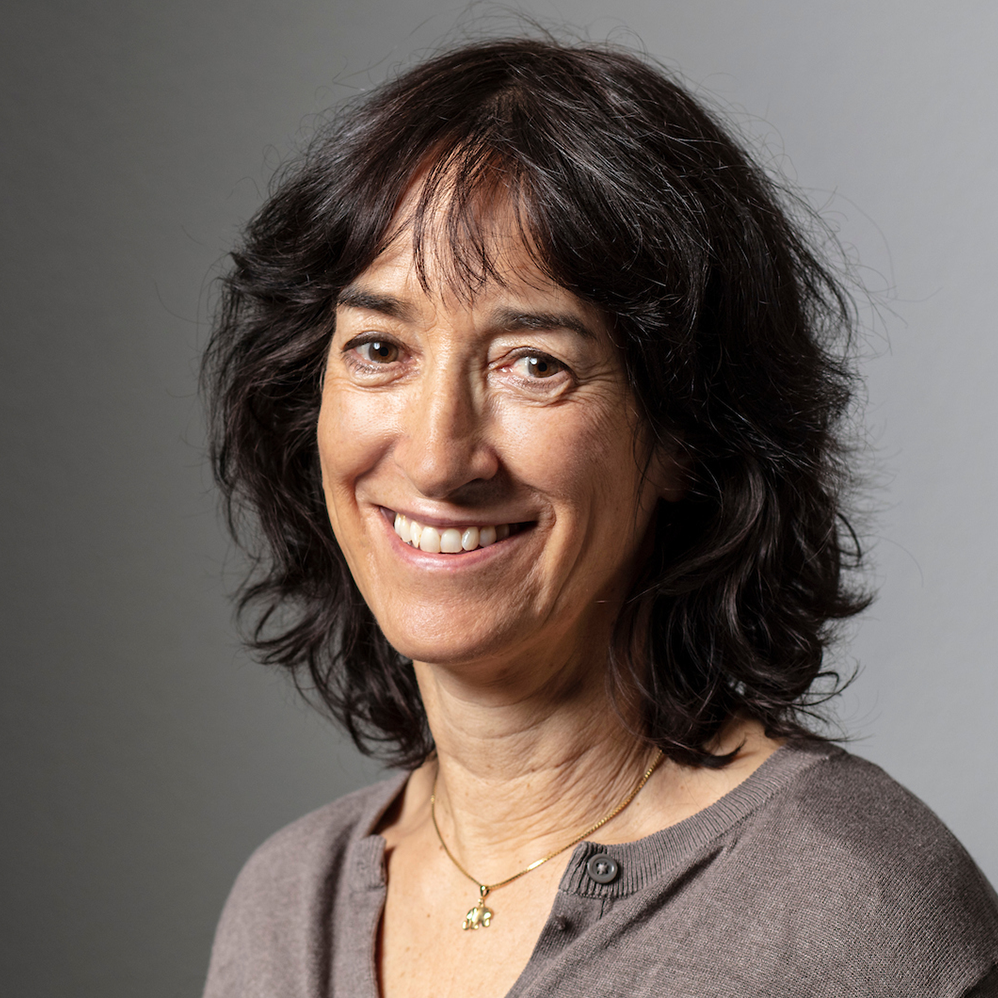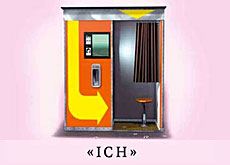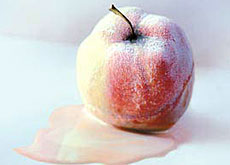Birtwistle adds colour to Lucerne

Sir Harrison Birtwistle, one of the world’s best-known creators of contemporary music, has taken centre stage as composer-in-residence at the Lucerne music festival.
swissinfo met “Sir Harry” at the city’s spectacular lakeside concert venue and gained a unique insight into what makes the maestro tick.
Birtwistle has a reputation for going against the grain, beginning with his 1968 opera “Punch and Judy”, which featured a marriage breakdown. Composer Benjamin Britten walked out of the performance in disgust.
When the Cleveland Orchestra gave his “Earth Dances” its Austrian debut at the Salzburg Festival a decade ago, some audience members booed.
His orchestral composition “Panic” also went down like a lead balloon in 1995, when it was premiered at the “Last Night of the Proms” in England, an event traditionally dedicated to popular classics.
Audiences are now more appreciative of his complex modern style, in which blocks of sound are juxtaposed, often evoking a ritualistic feel.
The Lucerne Festival features 17 of his works, and, so far, the response has been very positive.
swissinfo: You’ve been described as a rebel composer, bucking the trend. Are you still a rebel?
Sir Harrison Birtwistle: I never felt rebellious. If [my music] was rebellious, it was just because of the nature of the material I was using. But I was never self-consciously trying to be a rebel.
swissinfo: You’re known as one of the boldest composers, in England at least.
H.B.: They say my music is aggressive, but I don’t sit down in the morning and think: “This morning I am going to write aggressive music.”
I have musical ideas and I express them as clearly as possible.
swissinfo: What sort of things inspire you? Do you listen to a lot of other music and take ideas from that?
H.B.: No, I don’t listen to a lot of music, and I’m not sure what inspiration is. I suddenly have a flash of an idea, and it’s usually what I would really like to be doing tomorrow and I’m not in a position to do it, so I store it.
If this is what inspiration is – an idea – you’ve got to try to keep it alive, because the thing about ideas is they tend to begin to fade and become less interesting. By thinking about them, they simply decline and you have other ideas.
This is not the same thing as sitting down and working out an idea: the act of composition. This is very hard work and takes a lot of time. I mean, I worked on “The Triumph of Time” for about a year. At some point I had an idea about the piece, and then I tried to realise it.
swissinfo: Are you walking the streets of Switzerland with music playing in your head?
H.B.: Well, ideas… yes. You know composition is not precise like an equation: it’s very diffuse. It’s hard to talk about, but it’s permanently there. I dream about it as well. My dreams are very often abstract and they’re usually about cogs that don’t quite fit together. That’s probably a form of neurosis.
Composing seems to be both very difficult and unsolvable, or too easy. I feel I have a problem when it’s too difficult or if it’s too easy. In the end, you come out and you make a truce with an idea.
swissinfo: Doesn’t it become easier to formulate what you feel, with more experience?
H.B.: No; because if I ever thought I was repeating myself I wouldn’t do it. I have a sort of creative bag, which is added to and enriched. But it’s not to do with specific things; it’s not to do with solutions. It’s about ideas about certain things. I never feel like a bank account in which I have money. I always feel that I’m just about in the red.
swissinfo: This is a big celebration of your life and work. How do you feel about it? Is it a big responsibility or are you flattered by it?
H.B.: I don’t know, because the sort of artists I admire have one thing in common: insecurity. I feel fundamentally quite insecure about what I do. That doesn’t change.
swissinfo: Even though you have such a lot of public recognition and accolades?
H.B.: Yes. But if I had to start believing it myself, then we would be coming back to this question we discussed before of ‘I’ve got it all in a bag and I just keep taking it out.’
swissinfo: Is it sometimes difficult to get musicians to understand the emphasis you intended in your work, especially working with a new orchestra?
H.B.: There was a time when I would go to orchestras and to players and feel like somebody on the outside that they were suspicious of. I felt like an alien, in a sense. But things change over time, and the thing about these people here [in Lucerne] is they know what they’re coming to play – they know my music. So that barrier exists less and less.
swissinfo: What do you want for yourself in the future?
H.B.: I have to realise my dreams, and these players help me realise them when they play my music.
swissinfo-interview: Julie Hunt in Lucerne
Birtwistle biography:
1934: born in Lancashire
1952: Entered the Royal Northern College of Music on a clarinet scholarship
1955-65: school teacher
1965: won scholarship to study music in the US
1975: musical director, National Theatre, London
1994–2001: professor of composition, King’s College, London

In compliance with the JTI standards
More: SWI swissinfo.ch certified by the Journalism Trust Initiative



You can find an overview of ongoing debates with our journalists here. Please join us!
If you want to start a conversation about a topic raised in this article or want to report factual errors, email us at english@swissinfo.ch.